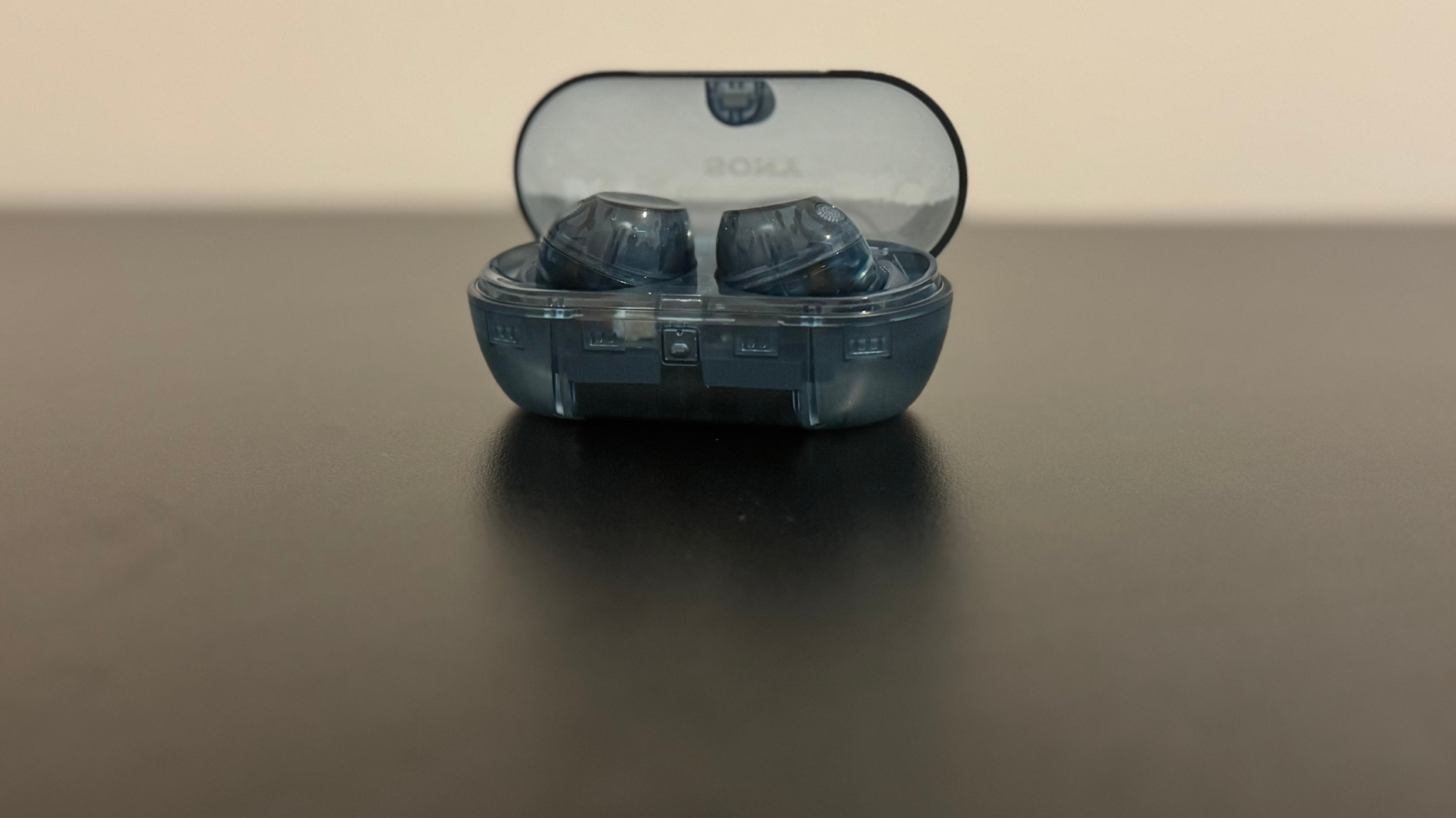I put a perfect 3D scan of my head into GTA 5, and it was weird
For some reason I remember reading this 2006 article about IGN editor Doug Perry mapping his face onto a virtual mobster in EA’s The Godfather. Face importing features were trendy in the mid-2000s—we were ready to slap our skin onto any geometry in sight, and there was this silent assumption that soon we’d be able to play almost every game as ourselves. Skating around in Tony Hawk’s American Wasteland with a little help the Sony’s 320x240 PlayStation 2 camera was crude, sure, but I remember taking for granted that the technology would continue to improve.
It didn’t pan out that way. Although character customization has evolved significantly, facial mapping is mostly relegated to a handful of sports games. And even they have a minor reputation for producing horrors like this. Even on PC, where it’s rather easy to get a photo of yourself, players still have to jump through a bunch of complicated steps to make use of modder-made solutions to putting your face into Fallout 4.
Knowing that history, I was curious but a little skeptical when two companies reached out to me about their state-of-the-art head (not face) capture tech. But the two firms, Occipital and Uraniom, have taken a novel, high-fidelity approach to importing yourself into a game, and it's significantly easier than it was a decade ago.
On the hardware side, Occipital has made a standalone, 3D camera called the Structure Sensor that can grab detailed 3D scans of objects, rooms, or people in seconds. When Occipital paid me a visit, they had my head (and shoulders) captured in less than a minute with the itSeez3D app—all I had to do was sit in a relatively well-lit spot and hold still while the sensor circled around me. Another couple of minutes and my virtual bust was rendered in the cloud and ready for importing.
- GTA 5 cheats: Every cheat code and vehicle spawn
- GTA 5 mods: The best visual and gameplay tweaks
Once we had a disconcertingly detailed scan of my head, Uraniom toured me through the desktop program by the same name they’d created for importing 3D scans into different games. What’s most encouraging about the software, which you can download a beta version of, is that Uraniom didn’t need the cooperation of companies like EA, Rockstar or Valve to plug new heads into FIFA, GTA 5, or CS:GO. The tool effectively swaps the ‘protagonist’ model with a new one without sacrificing facial animations in the process, as our above video shows.
This is exciting tech—I can see YouTubers running away with it, but more broadly, at the outset of two major VR platforms, the utility of 3D scanning for application in games is about to be at an all-time high. Maybe we'll see level designers slap a Structure Sensor on a drone to capture authentic renders of cities or landmarks as a starting point for in-game environments.
What’s most encouraging is how simple it’s become to put a high-fidelity scan of yourself into a game—you can do it in minutes, and as you’d expect on PC, Uraniom gives you control over fine details like the size of your head or your skin coloration. The catch is that Occipital’s Structure Sensor is expensive if you’re purely using it to put yourself in games ($379, including a bracket stand), and at the moment isn’t compatible with Android tablets due to their form factors being more varied.
Keep up to date with the most important stories and the best deals, as picked by the PC Gamer team.

Evan's a hardcore FPS enthusiast who joined PC Gamer in 2008. After an era spent publishing reviews, news, and cover features, he now oversees editorial operations for PC Gamer worldwide, including setting policy, training, and editing stories written by the wider team. His most-played FPSes are CS:GO, Team Fortress 2, Team Fortress Classic, Rainbow Six Siege, and Arma 2. His first multiplayer FPS was Quake 2, played on serial LAN in his uncle's basement, the ideal conditions for instilling a lifelong fondness for fragging. Evan also leads production of the PC Gaming Show, the annual E3 showcase event dedicated to PC gaming.


